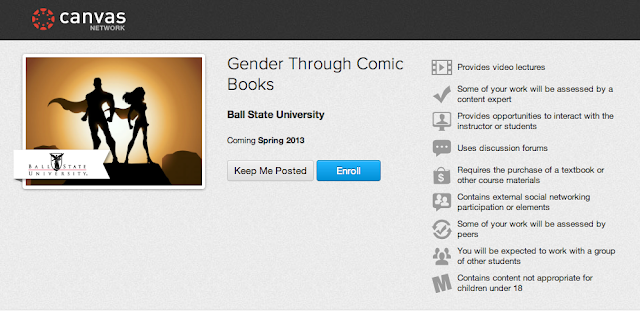The curious case of the cMOOC

Moving along in NRC01PL, here are some reflections of what was presented in week 3 of the Personal Learning MOOC. It's been rather busy at work, and at Athabasca as I am wrapping up my semester, so I haven't really gelled with anyone else in this cMOOC. I think that the topic would be interesting to discuss in connectivist fashion, but I have not yet (satisfactorily) done any wayfinding . I see some friends from other MOOCs in the twitter stream (like Autumm and Jupidu), but don't see much in the place of discussion. Maybe once I "catch up" I'll pay more attention to what others are doing? I am getting a similar vibe now to the one I got in the Wiley MOOC on OpenEd (#ioe12) - I am in a museum tour, and I am a few rooms behind the group. Good opportunity for mischief and creative exploration, but it's always fun to have another friend around to share the experience with. In any case, in week 3 the topic was the (curious) case of the cMOOC, wher...





